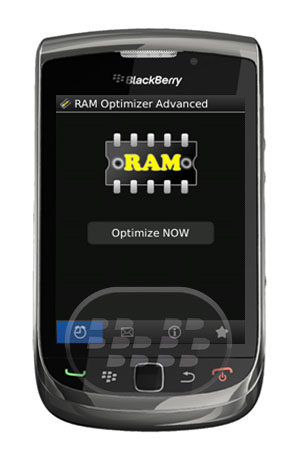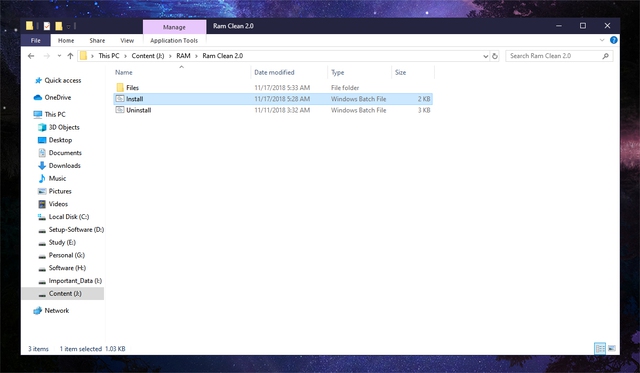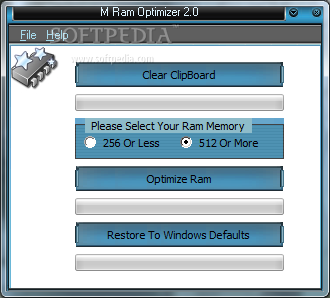

The problem with a lot of articles that tell you how to speed up Windows is that they tell you to turn off some of the operating system's more fun features, such as visual animations. These tips for speeding up Windows work just as well whether you're running version 10 or 11. Even the most current version of Windows isn't immune to slowdowns, and not everyone is ready to upgrade from Windows 10 to Windows 11 yet. Once you're up and running, however, there are other performance factors to consider.

How to Set Up Two-Factor AuthenticationĪs PC hardware continues to speed up, so does software, and the Windows operating system is no exception.How to Record the Screen on Your Windows PC or Mac.How to Convert YouTube Videos to MP3 Files.How to Save Money on Your Cell Phone Bill.How to Free Up Space on Your iPhone or iPad.How to Block Robotexts and Spam Messages.And in the meantime you can expect all the applications to slooow dooown significantly. Once the optimizer gets its RAM, it deallocates it to make it look free.īoth ways bring you more harm than good - now you have a lot of free RAM, but it also means that programs have to collect all the data again and cached RAM will soon appear again. Basically, these programs either make running applications write their data (working memory) to the Windows page file instead of RAM (by forcing the EmptyWorkingSet Windows API function), or they make the system think that the optimizer requires a lot of memory so Windows has to overwrite that cached data and give it to the program. You can see RAM usage go down once you have "optimized" your system (otherwise there would be no point in selling these applications to some naive users), but it's done in a very artificial way.

(Remember, hard drives are the slowest components of our computers.) And when there is a lot of cached data it most probably speeds up the applications you are currently using since the most often accessed data is kept in RAM. If your RAM is full, the system will simply discard the data that has been cached already to make space for necessary services.

First of all, let me assure you that there is no point in your PC having ANY free RAM, because it doesn't make a difference to your computer, really.


 0 kommentar(er)
0 kommentar(er)
